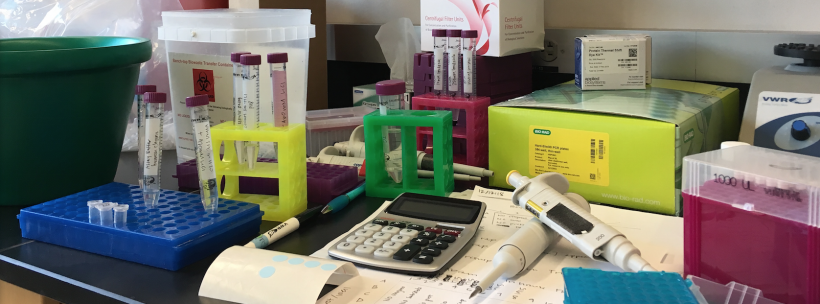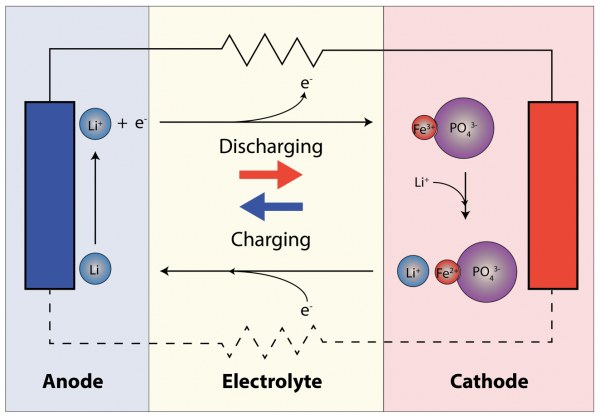20.109(S19):Module 3
Contents
Module 3
Lecturer: Angela Belcher
Instructors: Noreen Lyell and Leslie McClain
TAs: Catherine Henry and Michaela Gold
Research Assistant: Jifa Qi
Overview
'Invention' is a wonderful word, derived from words meaning 'scheme' and 'a finding out'. Inventors draw on materials provided by the natural world, refining and combining them in insightful ways, to make something useful. In this experimental module we will invent materials by manipulating biological systems, namely the bacteriophage M13. We will use a slightly modified phage to build a battery cathode. The phage themselves do the building by acting as a template for biomineralization and the resulting material will be used as the cathodes in a coin-style lithium-ion battery. In a previous semester, the 20.109 team assessed how the amount of phage and gold impact the performance of a battery. Using the knowledge gathered by your former classmates, you will now add an additional variable in an attempt to further improve battery capacity. Specifically, you will use different sizes of gold nanoparticles (AuNP) and asses the effect of this on enhancing the electronic conductivity of your battery.
This module has been developed thanks to the generous time and thoughtful efforts of several Belcher lab members, in particular Dr. Maryam Moradi, Dr. Jifa Qi, and George Sun.
Lab links: day by day
M3D1: Grow phage-based active (cathode) material
M3D2: Purify phage-based active (cathode) material
M3D3: Construct cathode with phage-based active material
M3D4: Visualize phage nanowires using transmission electron microscopy
M3D5: Assemble and test batteries
Assignments
Research proposal presentations
Mini-report
References
Nanostructure design of amorphous FePO4 facilitated by a virus for 3 V lithium ion battery cathodes. Journal of Materials Chemistry. (2010) 21:1033-1039.

